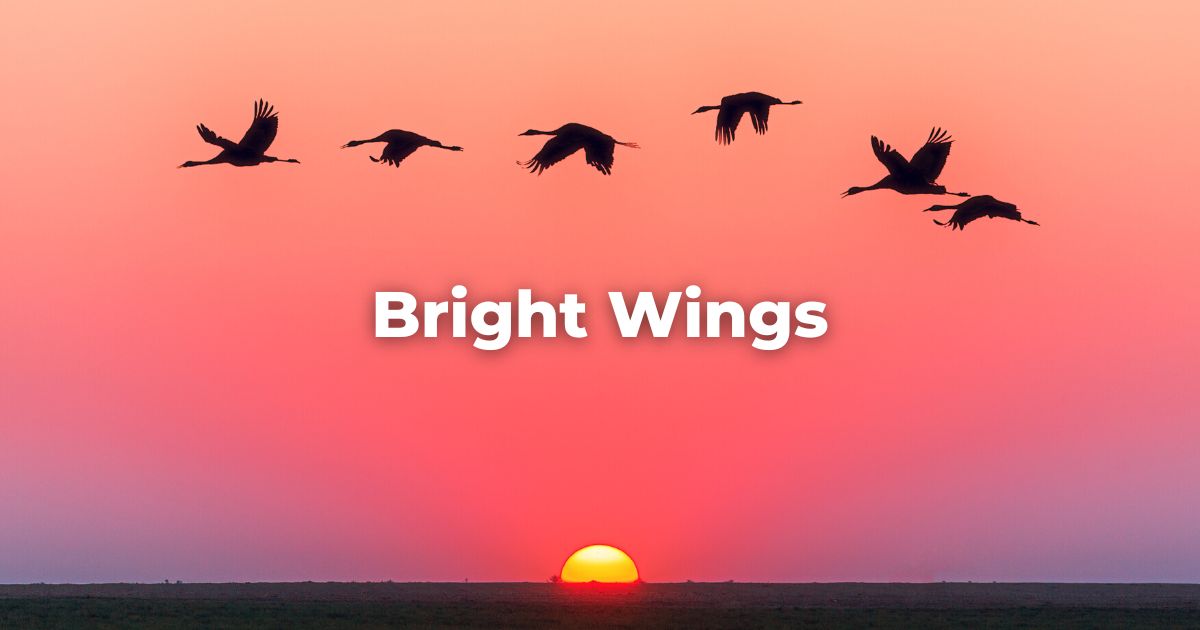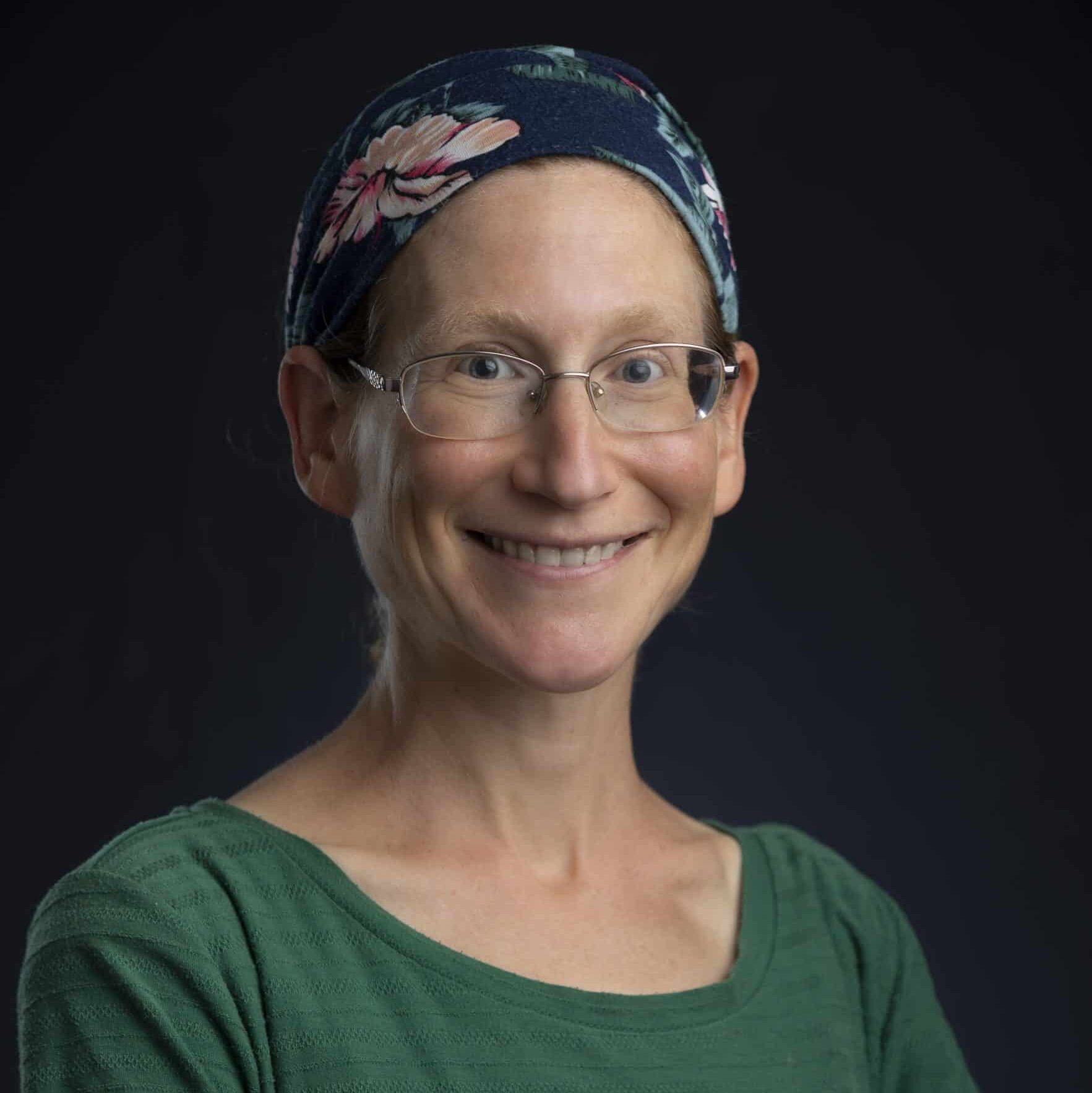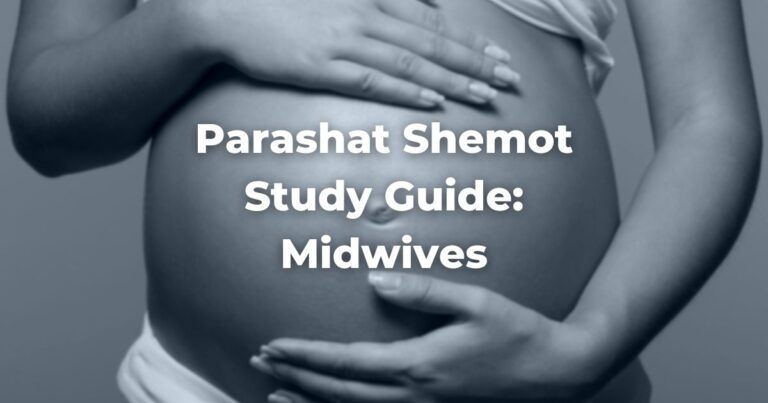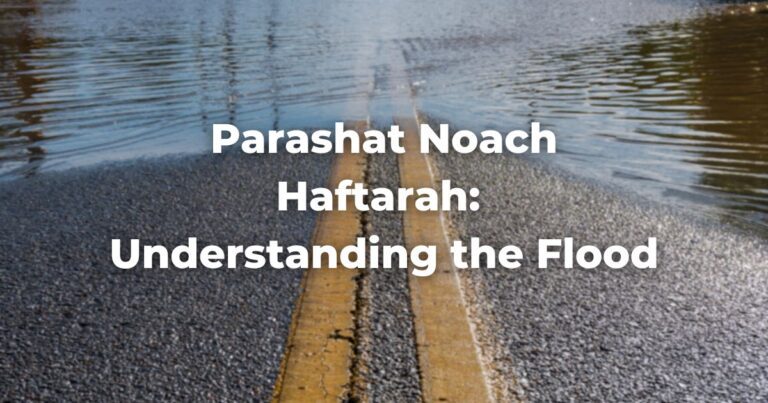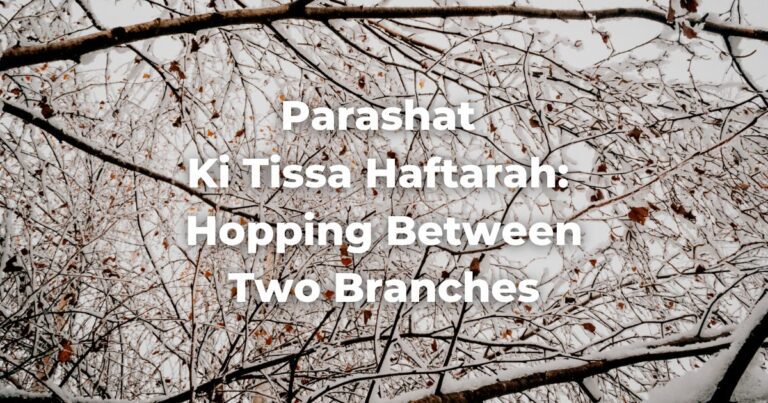Parashat Haazinu consists of the poetic song that Moshe sings to the people of Israel before he delivers his deathbed blessing.
The song is rich with images that describe God’s relationship with the Jewish people, including a very evocative description of God’s tenderness: “Like an eagle who rouses his nestlings, hovering over his young, so did He spread His wings and take him, and bear him along his pinions” (Deuteronomy 32:11).
The midrashThis word is used in two ways, as both a concept and a literature. As a concept, midrash is the expansive interpretation of biblical texts. The term is used to describe the practice of rabbinic interpretation. As a text, it refers to specific collections of interpretations, particularly from the third to ninth centuries in the Land of Israel and Babylonia. Plural: Midrashim
Read more and commentators invoke this verse to link revelation, creation, and redemption, offering us a way of thinking about what it means for God to draw close, and how our actions might bring God closer.
“Like An Eagle Who Rouses Its Nestlings”
The first part of the verse, “Like an eagle who rouses its nestlings,” is understood as a reference to God’s compassion for the people during the revelation at Sinai. The midrash (Sifrei Deuteronomy 314) explains that an eagle does not fly straight into its nest suddenly; first it makes its presence known to its young by flapping its bright wings between one nearby tree and another, so that its young will be prepared to receive it.
Likewise at Sinai, God did not descend on Mount Sinai suddenly and unexpectedly. God knew that the experience at Sinai would be terrifying and awe-inspiring for the Jewish people—they would hear God through smoke and fire, and recoil from the magnitude of the experience.
And so God prepared the people by arousing them gradually.
The midrash adds that at Sinai, God came to Israel from four different directions so as not to concentrate all the divine power in one point and overwhelm the people. Thus the people, like the nestlings, were better prepared to receive God.
“Hovering Over Its Youth”
The second part of the verse, “Hovering over its young,” is understood by Rashi as a reference to the way in which the eagle does not bear down with all its weight on the nest, but rather hovers over the chicks, “touching and not touching them.”
The term used to refer to this hovering, “y’rachef,” is a rare word that appears most famously at the start of the TorahRefers to the first five books of the Hebrew Bible, the Tanakh, also called the Five Books of Moses, Pentateuch or the Hebrew equivalent, Humash. This is also called the Written Torah. The term may also refer to teachings that expound on Jewish tradition. Read more, where we learn that on the first day of creation, when the world was still darkness and void, the “spirit of God hovered [m’rachefet] over the waters” (Genesis 1:2). At the beginning of time, before God separated the upper waters from the lower waters, heaven and earth were much closer together, and God’s spirit hovered over the world, not bearing down on the waters of the deep, but sheltering them gently.
This midrash imagines a primordial time when God was as close to the world as possible while still remaining a separate entity.
The Tosefta (Hagigah 2:6, see also B. Hagigah 15a) tells a story about the Mishnaic sage Ben Zoma, who lost his mind when he caught a glimpse of this primordial moment.
As the Tosefta narrates, Ben Zoma was once walking along the way when Rabbi Yehoshua approached him. Ben Zoma ignored Rabbi Yehoshua, as if seeing right through him. Rabbi Yehoshua realized that Ben Zoma was lost in thought, and asked him what he was contemplating.
Ben Zoma replied, “I was looking upon creation, and there was no space between the upper and lower waters except the width of three fingers.”
Ben Zoma then quotes both the verse from Genesis about God’s spirit hovering over the waters, and the verse from our parashah about the eagle hovering over its young. When Rabbi Yehoshua hears this, he realizes that Ben Zoma was so caught up in his mystical reflections that he’d lost all touch with reality, and indeed, Ben Zoma died just a few days later.
Perhaps the story of Ben Zoma is meant to teach us that we are not meant to spend our days wistfully recollecting a time of God’s maximal closeness, but rather striving to interact with others in a way that brings God close again.
“So Did He Spread His Wings And Take Him, And Bear Him Along His Pinions”
The final part of the verse, “So did He spread his wings and take him, and bear him along his pinions,” is read by the midrash in light of a well-known metaphor for the redemption from Egypt.
The Torah teaches that following the Exodus, God reminded the people of how they had been delivered out of Egyptian bondage: “You have seen what I did to the Egyptians, and how I bore you on eagles’ wings, and I brought you to me (Exodus 19:4).”
The midrash (Mechilta 19:4) explains that an eagle carries its young on its wings so that if any arrows are shot at it from below, they will pierce the eagle rather than its young. Likewise, when God redeemed the people of Israel, God was prepared to absorb any arrows from the enemy so that the Israelites would be safe.
Elsewhere the midrash (Mechilta on Ex. 14:10) explains that when the Egyptians shot arrows at the Israelites at the Red Sea, those arrows were intercepted by the clouds of God’s glory which accompanied the people throughout the wilderness. Perhaps not surprisingly, Ibn Ezra on Deuteronomy 32:11 links all these images together in noting that the cloud of God’s glory hovered over the Israelite camp like the eagle hovering over its young in our parashah.
This imagery of a bird hovering over its young recalls the commandment in Deuteronomy 22:6-7 to send away the mother bird before taking its young.
If God is the mother bird hovering over God’s people on earth, perhaps we can think of this commandment as a reminder that we cannot cause harm to one of God’s creatures without effectively sending God away. In order for the bird to hover closely over the nest, and for God’s presence to be felt, we must make sure that we treat God’s creatures appropriately.
Although writing in a different religious tradition, poet Gerard Manley Hopkins captures the imagery of the mother bird and the divine spirit beautifully in his poem about a world “charged with the glory of God”—a world in which “the Holy Ghost over the bent world broods with warm breast and ah! bright wings.”
Just as God’s spirit hovered over the waters of the deep, we can bring God’s presence closer through the way we interact with others and with all of God’s creatures, ensuring that our world remains charged with God’s glory.
See more: Parashat Haazinu
Originally posted as part of the Conservative Yeshiva at the Fuchsberg Jerusalem Center’s Torah Sparks. Support Torah learning from the Fuchsberg Jerusalem Center/Conservative Yeshiva for leaders and seekers around the world here.
Authors
-

Ilana Kurshan teaches TalmudReferring to one of two collections, the Jerusalem and Babylonian Talmuds, edited in the 6th century, that contains hundreds of years of commentary, discussion, and exploration of the ideas in the Mishnah. One could describe it as Mishnah + Gemara = Talmud Read more at the CY. She is the author of If All the Seas Were Ink (St. Martin’s Press, 2017) and Why is This Night Different From All Other Nights (Schocken, 2005). She has a degree in History of Science from Harvard and in English literature from Cambridge, and has worked in literary publishing both in New York and in Jerusalem – as a translator, a foreign rights agent, and as the Books Editor of Lilith Magazine. Since October 2020, Ilana has been a regular contributor to Torah Sparks, FJC’s weekly parashat hashavuah blog.
View all posts -



The Fuchsberg Jerusalem Center (FJC) is a home in the heart of Jerusalem where leaders and seekers can find an authentic place in Jewish tradition to call their own. FJC offers opportunities to study, pray and explore within an egalitarian and inclusive setting, creating multiple pathways for finding personal and communal meaning.
View all posts

